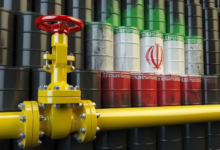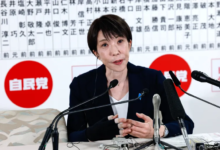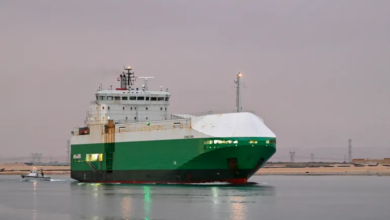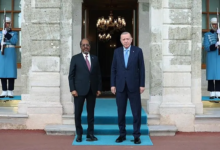Senegal Faces Rising Budget Deficit Amid Investor Concerns and IMF Funding Freeze
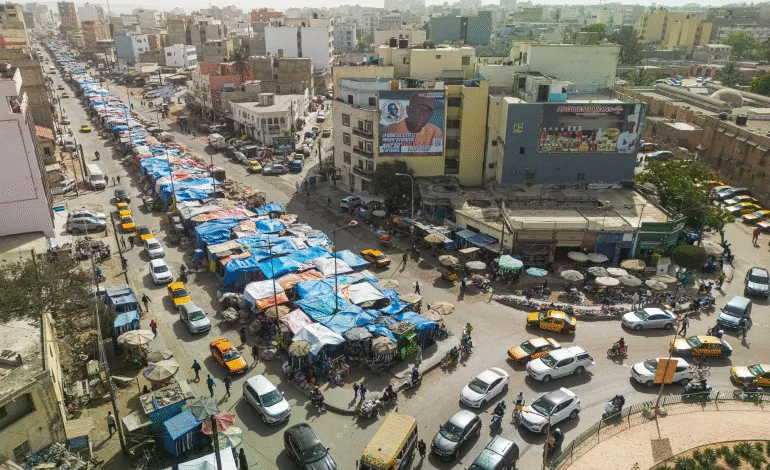
A revised draft of Senegal’s 2024 finance bill reveals a higher-than-expected budget deficit, reaching 7.82% of GDP, up from the previously projected 7.08%. The government attributed the widening deficit to declining revenues, global economic headwinds, and domestic fiscal adjustments.
Economic Growth Revised Downward
As a result of these pressures, Senegal’s economic growth forecast for 2025 has been revised downward to 8%, compared to earlier projections of 8.85%.
A financial audit conducted by the Senegalese Court of Accounts in September 2024 uncovered that between 2019 and 2023, the actual budget deficit exceeded 10% of GDP—nearly double the figures reported by the former administration. These inflated figures were reportedly shared with international partners and donors as part of a deliberate effort to mislead.
IMF Suspends Funding Over Misreported Data
In response to the discrepancies, the International Monetary Fund (IMF) suspended disbursements under its financial program with Senegal at the end of last year. The IMF cited the submission of inaccurate data regarding the country’s debt and deficit and announced that talks on a new agreement would not resume until the matter is resolved.
PM Sonko Confirms Fraud and Irregularities
In February 2025, Prime Minister Ousmane Sonko confirmed that the audit had revealed significant financial irregularities and data manipulation, stating that public debt in 2023 accounted for 99.67% of GDP—a figure that contradicted the previous administration’s official claims.
“The investigation uncovered forged numbers that misrepresented Senegal’s fiscal health to our international partners,” Sonko said.
Moody’s Downgrades Senegal’s Credit Rating
Amid the fiscal uncertainty, Moody’s Investors Service downgraded Senegal’s credit rating from B1 to B3 earlier this year, signaling a weaker and riskier investment environment.
Economists warn that the downgrade could undermine investor confidence and limit Senegal’s ability to attract funding for key infrastructure and development projects.
Gas Production Begins, But IMF Funds Still Crucial
Despite launching liquefied natural gas (LNG) production from the Tortue field, jointly developed with Mauritania, Senegal remains heavily reliant on IMF financing. That funding remains frozen until the financial discrepancies—particularly the manipulation of debt and deficit figures by the previous administration—are fully addressed.

